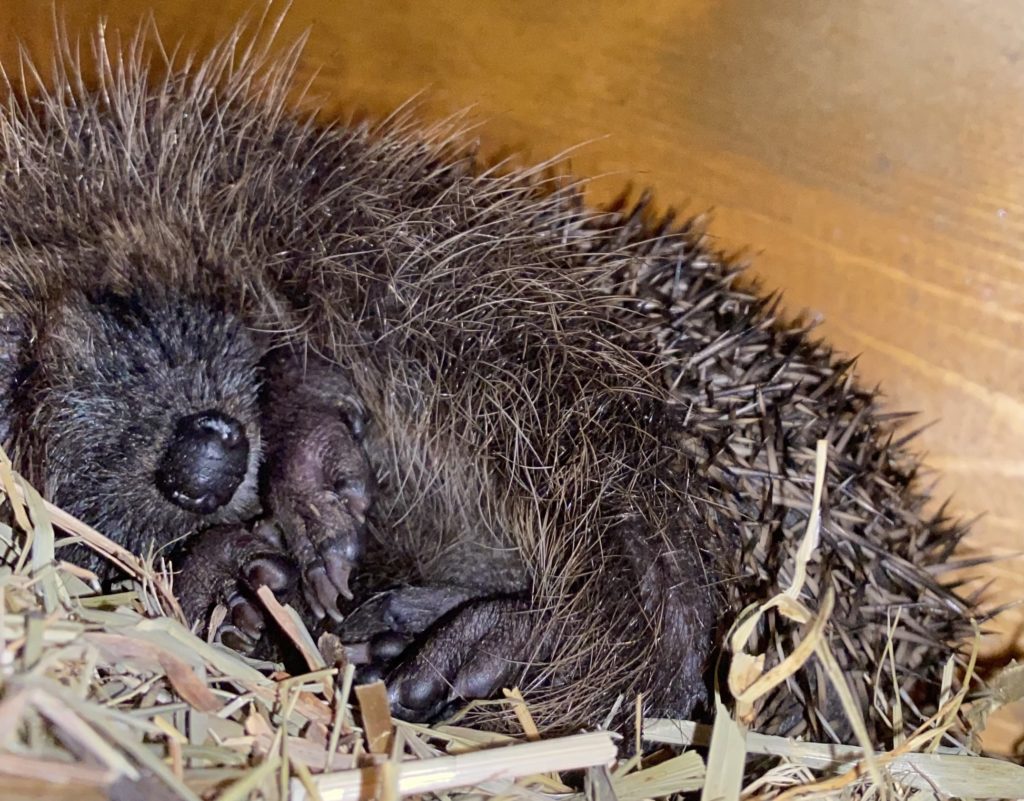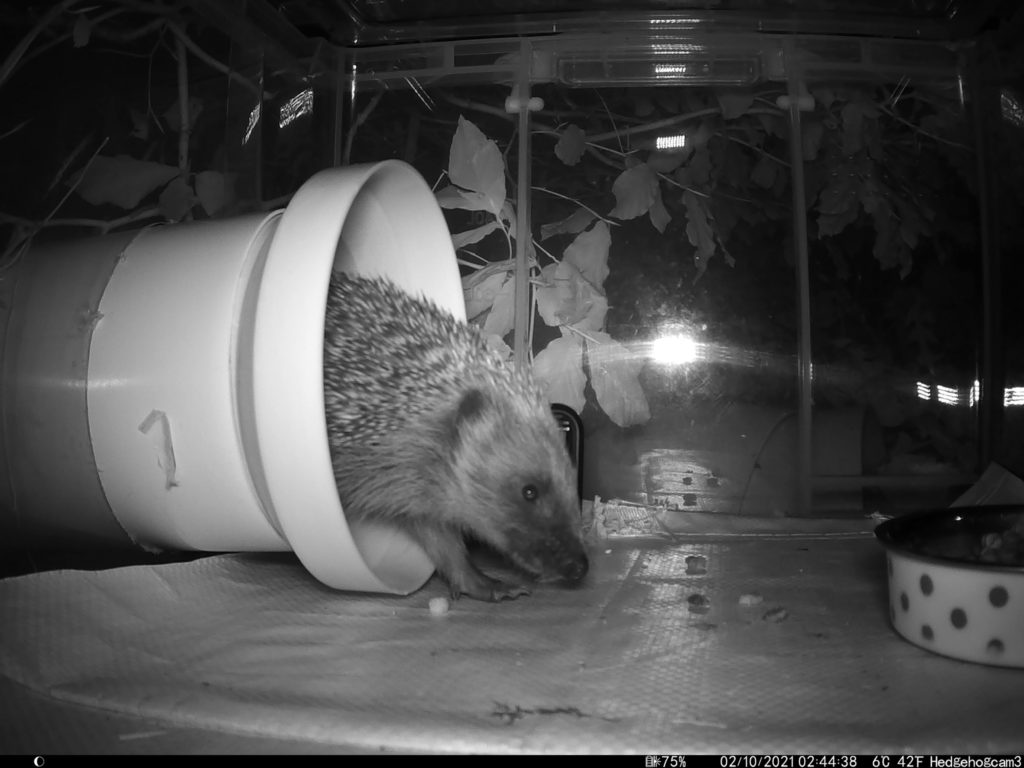New research: Hedgehogs and MRSA
6th January 2022
A new study has found that the antibiotic-resistant bacteria MRSA evolved on hedgehogs’ skin over 200 years ago. The type of bacteria, called mecC-MRSA, lives in the snouts of hedgehogs, where it has become resistant to antibiotics produced by ringworm that live on the hedgehogs’ faces.
This finding challenges the previously accepted view that antibiotic resistance has been entirely driven by antibiotic overuse by humans. Instead the process first occurred naturally and took place before humans even discovered the existence of antibiotics.

The study included scientists from all over Europe, including Dr Sophie Lund Rasmussen of Aalborg University and the University of Oxford’s WildCRU, Professor Mark Holmes and Dr Ewan Harrison from the University of Cambridge. Samples were collected from hedgehog rehabilitators throughout Europe and New Zealand.
The strain of MRSA found on hedgehogs is responsible for very few cases of human infections. As the strain emerged around 200 years ago, it has been around for a long time already without causing any large outbreaks of the bacteria in humans.
This research is important as it establishes that antibiotic resistance is not a modern phenomenon and not necessarily driven by human use. Despite the mecC-MRSA strain originating on hedgehogs, it also lives on other wildlife and is not a significant threat to humans.

Should we be worried about hedgehogs visiting our gardens?
The short answer is no. Hedgehogs have existed with this bacteria for hundreds of years and there have been no outbreaks in humans within this time. As always, make sure you wear gloves and use strict hygiene measures when handling hedgehogs, for example if you have found a sick or injured hedgehog. Also make sure to clean feeding stations and bowls regularly. This is for their benefit as much as ours.
You can follow Dr Sophie Lund Rasmussen’s research on hedgehogs here:

